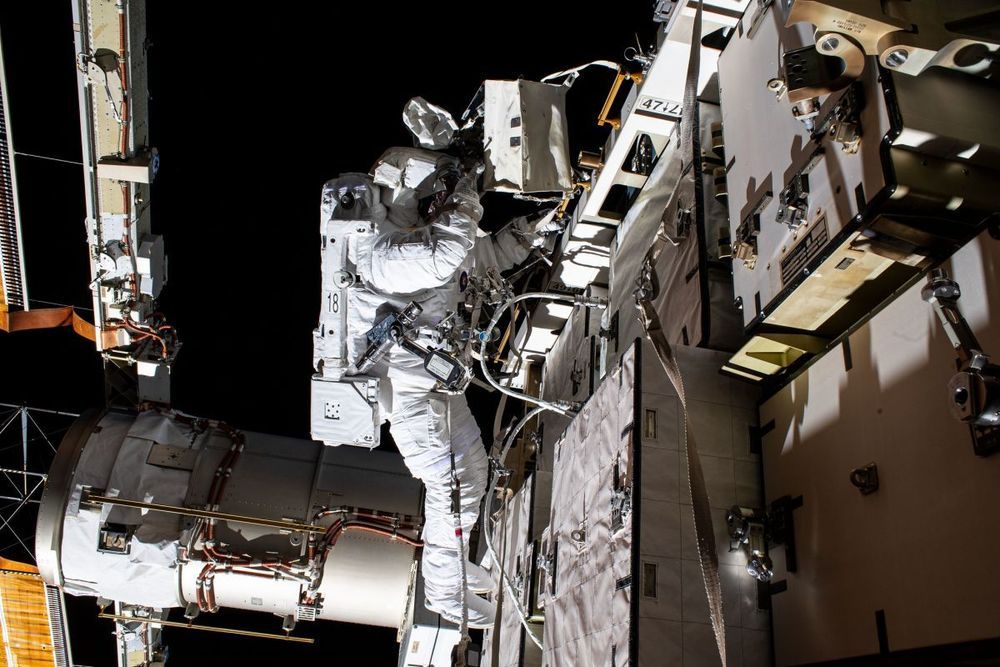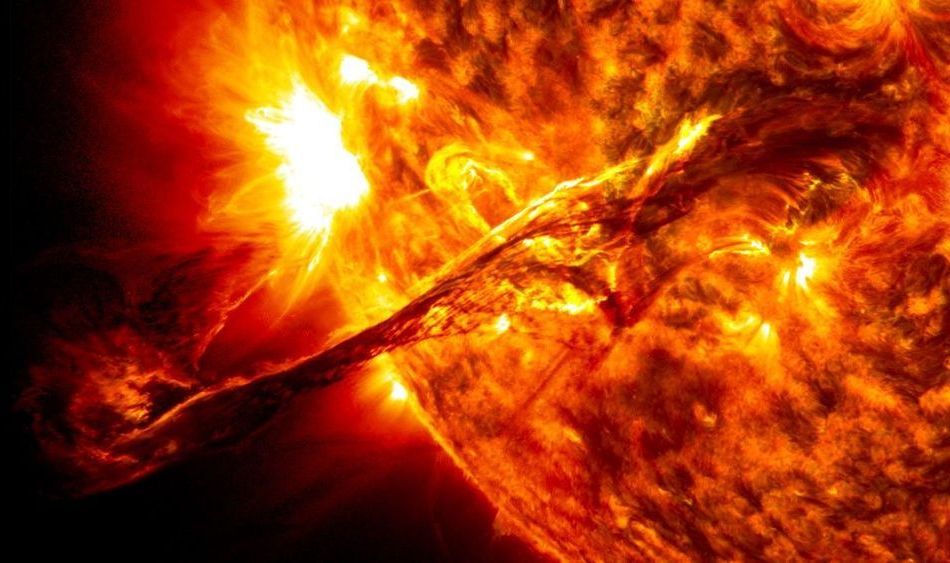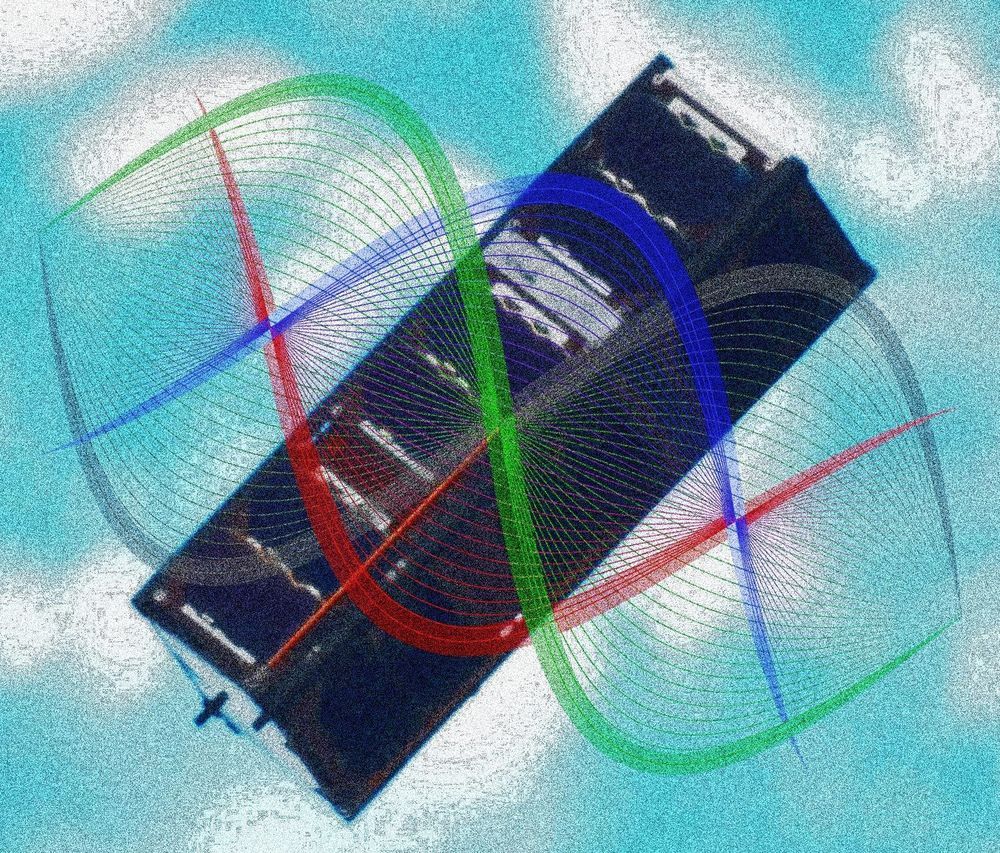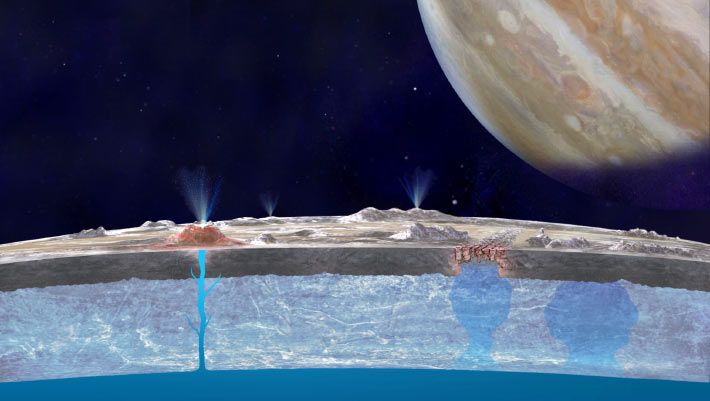Satellite operators could be doing more harm than good by shutting down their systems whenever a coronal mass ejection (CME) from the Sun is forecast to arrive at Earth, UK researchers have suggested. Mathew Owens, Mike Lockwood and Luke Barnard at the University of Reading show that the speeds and magnetic field intensities of the bursts could be just as important to consider as their arrival times when deciding when to turn satellite systems off. If applied, their ideas could significantly improve the efficiency of many satellite operations.
Originating from the Sun’s dynamic surface, CMEs are high energy bursts of plasma that travel through interplanetary space, accompanied by strong magnetic fields. When they interact with Earth’s atmosphere, they can trigger solar storms that cause severe damage to satellite systems if they are operating at the time. To predict these disruptions, astronomers measure the speed at which CMEs travel through space to make accurate forecasts of when they will arrive at Earth.
Currently, many satellite operators adopt a “better safe than sorry” approach when responding to these forecasts. Whenever a CME is predicted to arrive, they will completely shut down their systems to avoid any damage. However, the Reading trio argue that these current early warning systems do not account for a simple yet crucial fact: while all solar storms are triggered by CMEs, not all CMEs cause in damaging events.





